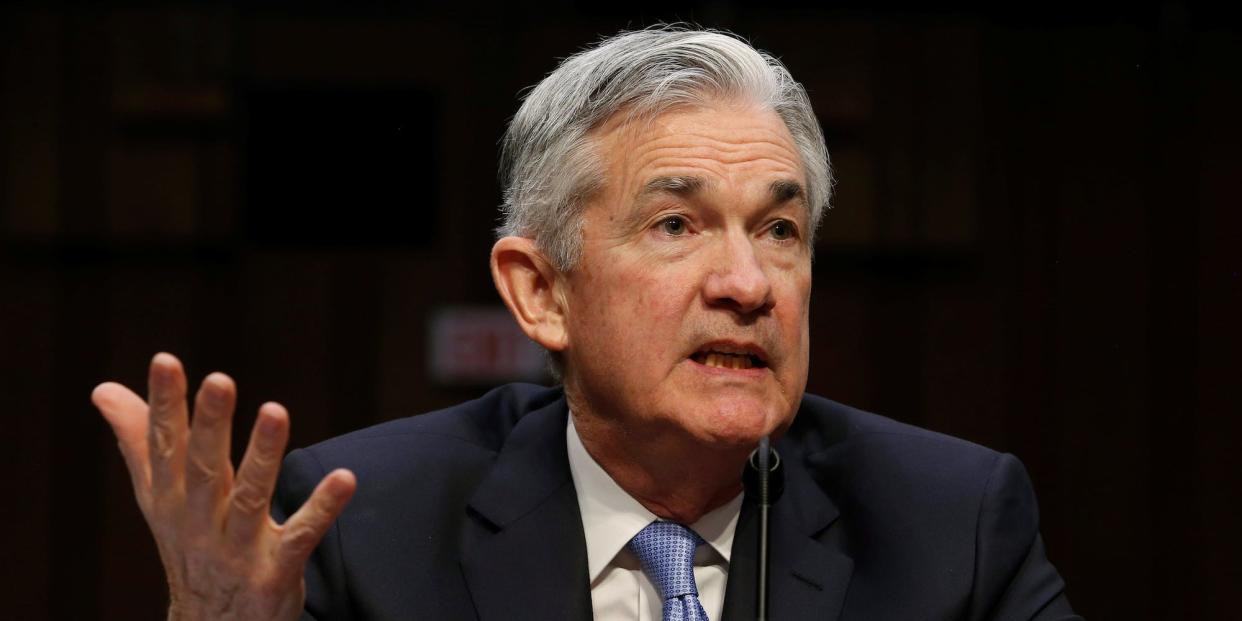The Fed's own economists are ringing the recession alarm - and warning stocks and real estate prices could tumble

The Federal Reserve's staff economists rang the alarm on a potential US recession this year.
They called out heady valuations of stocks and real estate, raising the prospect of sharp declines.
Elevated inflation could persist into next year, the central bank's economists cautioned.
The Federal Reserve's own economists have just warned the US could suffer a recession this year.
They've raised the alarm about stocks and real-estate prices — which they say are aggressively valued and could plummet — and said painfully high inflation could persist into 2024.
Depressed levels of household spending and higher borrowing costs could cause the US economy to contract, the central bank's staff cautioned, according to minutes from the Fed's February meeting.
"The staff still viewed the possibility of a recession sometime this year as a plausible alternative to the baseline," the minutes read.
Back in November, the Fed's experts said it was almost a coin toss whether the US economy would grow or suffer a prolonged downturn in 2023.
In the latest minutes, the in-house economists highlighted the substantial pressures on asset prices. They singled out real estate and equity valuations as especially stretched, raising the prospect of a sharp contraction.
"The staff noted that measures of valuations in both residential and commercial property markets remained high, and that the potential for large declines in property prices remained greater than usual," the minutes read.
"In addition, the forward price-to-earnings ratio for S&P 500 firms remained above its median value despite the decline in equity prices over the past year," they continued.
In response to historic inflation, the Fed has hiked interest rates from virtually zero to upwards of 4.5% within the past year. Higher rates deter spending, hiring, and investing as they encourage saving and make borrowing more expensive. That can help relieve upward pressure on prices.
However, they can also pull down asset prices and undercut both growth and employment, increasing the risk of a painful recession. The Fed's staff economists underscored that danger, but predicted a rebound next year.
"In part reflecting the lagged effects of previous monetary policy tightening, the staff still projected real GDP growth to slow markedly this year and the labor market to soften," the minutes read.
"The staff forecast continued to include a pickup in real GDP growth starting next year."
The central bank's economists also suggested an economic slowdown, combined with sharp reductions in consumer energy prices and slower growth in food prices, could markedly reduce inflation this year. But they warned that price pressures might linger into 2024.
"For beyond this year, the staff continued to view the risks around the inflation projection as skewed to the upside, reflecting concerns about the potential persistence of inflation," the minutes read.
Read the original article on Business Insider

